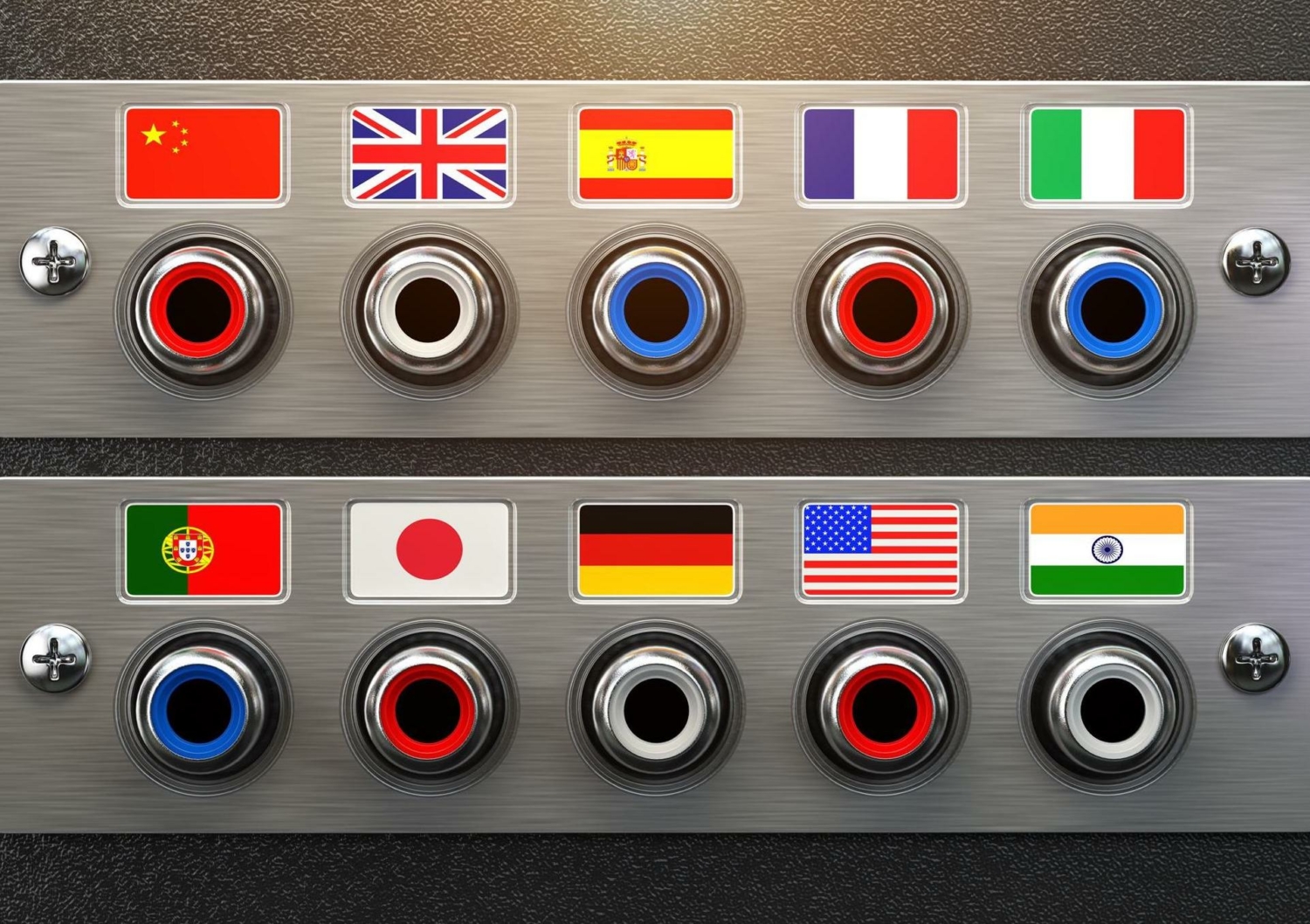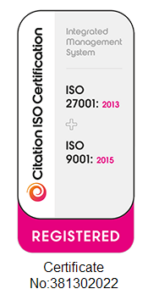Lost in Translation: The Fine Art of Multilingual Meetings
“All meanings, we know, depend on the key of interpretation.” – George Eliot
Just how much do you know about the delegates at your international meetings? Do you know what languages they speak? What steps have you taken to ensure they clearly understand the discussion?
The concept of a meeting or series of discussions being ‘Lost in translation’ is one that deeply concerns me as an audience engagement expert.
Recognising that you potentially have a translation problem should be one of your first considerations when bringing together delegates from several countries – either physically or virtually. This often will require meeting organisers to challenge senior leaders, gather evidence to demonstrate the language issues and then find solutions.
This is precisely what we did in late 2019 when we supported a client’s company conference that was being held in Singapore, with delegates from across Asia. The client had told us that everyone attending spoke business-level English. We challenged this view and suggested we check with the delegates.
Before the meeting, we sent out a survey in 8 languages asking (amongst other questions), “What is your level of English?” The response that came back was an eye-opener for everyone involved. 42% spoke no English at all. This was concerning since the delegates were regularly invited to ‘allEnglish’ meetings with an element of translation at the back of the room.
Clearly, we needed to find a way to address the situation, so I offered a range of solutions, supported by our flexible, multilingual technology. After discussions with the client, we built a technology platform that allowed people to do everything in their own language. So a Japanese speaker would be provided with a Japanese-specific login and so on. When a poll went out, it appeared on that person’s phone in their own language, as did the materials that were shared.
We put the system under stress to test just how many questions in different languages it could manage.
In one minute, we got 204 questions in 12 languages, with a significant number arriving in Japanese and Simplified Chinese.
Language is a complex issue and just how much delegates understand can vary hugely. For example, you might well have delegates who can comfortably get by having a conversation in English over a coffee, but asking those same people to have an in-depth coaching discussion is unrealistic. And when it comes to technical and situational English, they are just not going to keep up with the facilitator.
Breaking down barriers
The question is, “Do virtual events make it harder or easier to overcome the ‘Lost in translation’ problems?”
I’d argue that there’s no reason either physical or virtual events should be a barrier to addressing the language challenge. Technology can offer meeting organisers and delegates different ways to listen to sessions in their own language, using AI, in-person translators, or a mix of technology and human expertise. Delegates simply log into the meeting and access the sessions in their chosen language using their own unique PIN.
For example, we ran a leadership meeting where we had different breakouts on Zoom in different languages, supported by our ideas generation platform that auto-translates. The Spanish group were saying they would rather chat in Spanish, so we set up a platform to allow those delegates to converse and provide feedback in Spanish. We auto-translated that feedback into English, and the group then presented to the rest of the audience in English.
Another way to engage the audience is to encourage not just in-language engagement, but in-culture engagement. For example, we ran a 3-day meeting for a pharmaceutical client that brought together serious presentations with light-hearted interactions.
On the third day, we had delegates put together their own playlists of music from their own cultural experiences and shared those during the break. The meeting was so engaging that even delegates who didn’t have to attend on day 3 were turning up and getting involved. The result was a very productive meeting, interspersed with an element of fun.
Whether meetings are physical or virtual, companies must find ways to bring all delegates into the meeting fold.
Recognising that not all delegates are likely to be fluent in English is a great starting point. Making it easy for your audience members to tell you about their level of English will allow you to gather insights that will help you to make better decisions and design more inclusive meetings.
That means working alongside audience engagement experts to simplify approaches, slow down sessions to give all delegates a voice, and think about whether the way the speakers present creates broad understanding and brings everyone along, rather than just people who speak your language.
Leslie Robertson is the Founder of Open Audience, an audience engagement consultancy that specialises in making life sciences meetings more engaging with more positive, successful outcomes – whether in-person or in the virtual space. The Open Audience team helps to strategise and prepare pre- and post-meeting as well as providing real-time support and guidance during the meeting. Open Audience also offers customisable, multilingual engagement platforms that include interactive polling, surveys, and ideas exchange.

